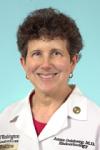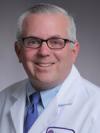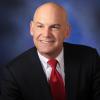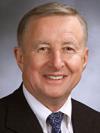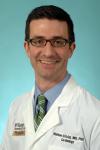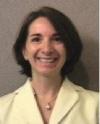Click Here for LDL Receptor Slide Presentations
The Translational Science of the LDL Receptor: an NLA Core Curriculum Intensive Program provides a comprehensive, in-depth indoctrination to advanced lipid science. This masters-level course is designed to address knowledge, competence, and practice gaps in managing residual CVD risk related to high LDL-C and to provide lipid specialists with improved proficiency on the complexities of LDL metabolism, functionality, and targets of therapy.
The educational curriculum serves to (1) disseminate current, advanced science on LDL metabolism, functionality, and its atherogenic activity, (2) provide a forum for experts in clinical lipidology to convey rapidly evolving research on LDL-C to clinicians, and (3) assess current therapeutic options and therapies in development that may modify LDL-C.
The Translational Science of the LDL Receptor Course is offered as a 1.5-day course prior to the start of the NLA 2017 Scientific Sessions.
Course Curriculum
- The Discovery of the LDL Receptor
- Biology and Physiology of the LDL Receptor
- LDL Receptor Genetics
- Clinical Considerations Related to LDL Receptor Dysfunction
- Lp(a) and Interactions with LDL Receptors
- Mutations Impacting LDL Receptor Function
- Therapeutic Interventions to Improve LDL Receptor Function
- Challenging Patient Cases
Target Audience
This activity is designed to meet the needs of physicians, pharmacists, nurse practitioners, physician assistants and other healthcare professionals experienced in lipidology and lipid management.
Location
Philadelphia Marriott Downtown
1201 Market Street
Philadelphia, PA 91907





.jpg)
.png)





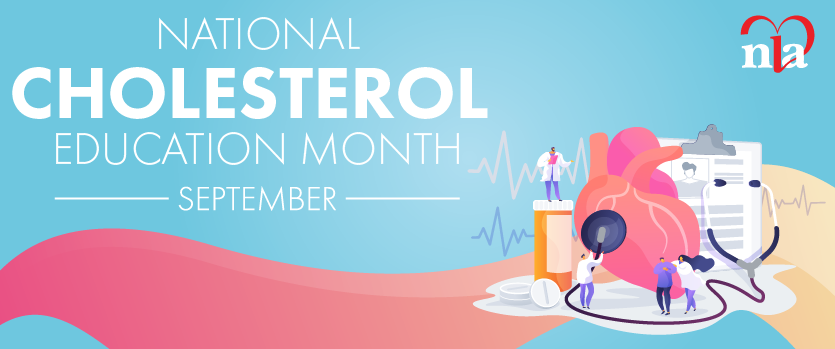




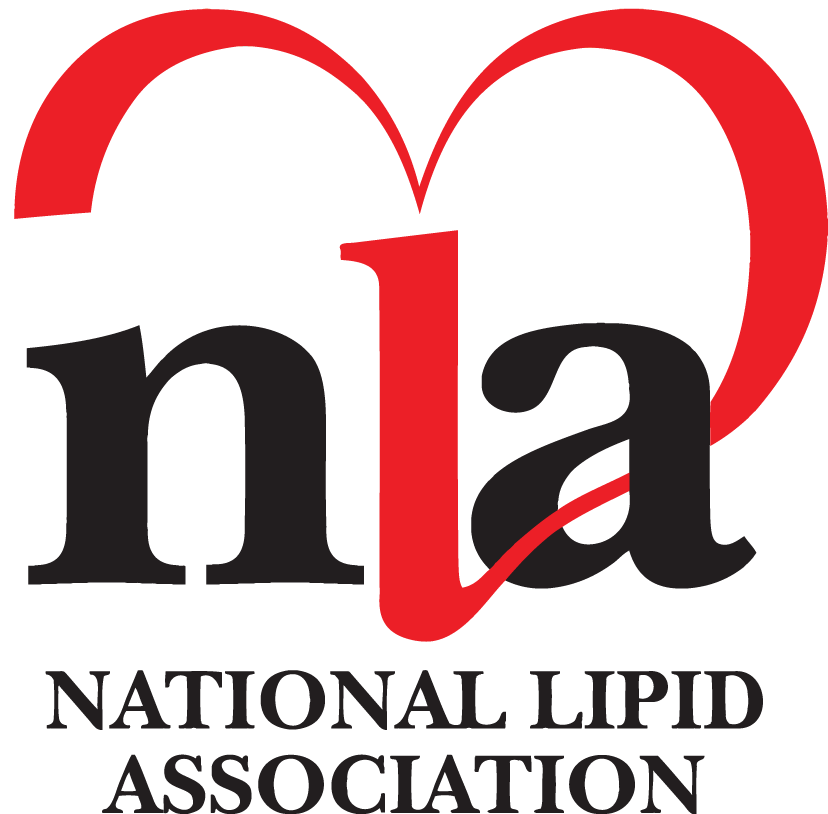

 The National Lipid Association is accredited by the American Nurses Credentialing Center (ANCC), the Accreditation Council for Pharmacy Education (ACPE), and the Accreditation Council for Continuing Medical Education (ACCME), to provide continuing education for the healthcare team.
The National Lipid Association is accredited by the American Nurses Credentialing Center (ANCC), the Accreditation Council for Pharmacy Education (ACPE), and the Accreditation Council for Continuing Medical Education (ACCME), to provide continuing education for the healthcare team..jpg) The National Lipid Association is accredited by the Accreditation Council for Pharmacy Education as a provider of continuing pharmacy education.
The National Lipid Association is accredited by the Accreditation Council for Pharmacy Education as a provider of continuing pharmacy education.
